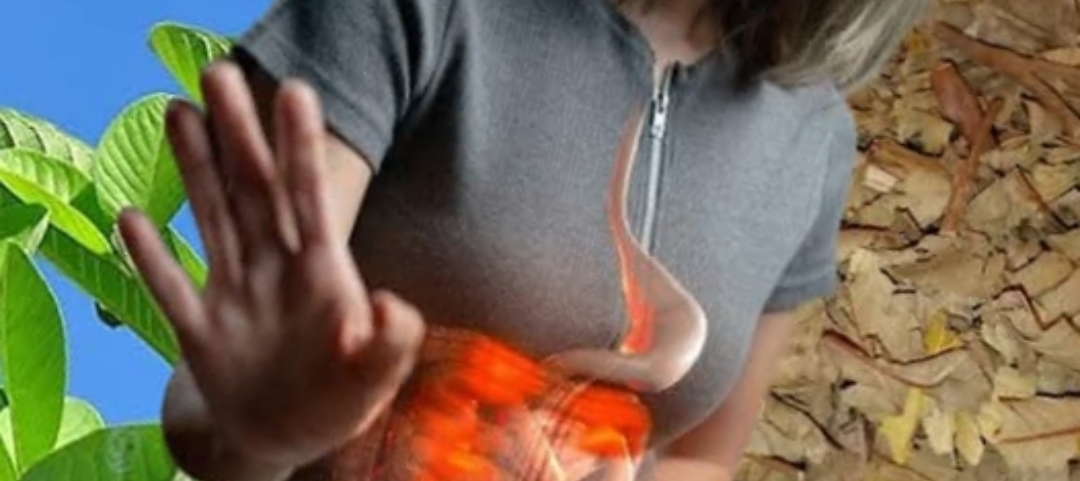Research suggests guava leaves may offer several benefits that align with common health priorities for adults over 50. Here are four key areas where guava leaves show promise, based on studies from trusted sources:Supporting Digestive Health: Guava leaves may help soothe digestive issues, such as diarrhea or bloating, which can become more common with age. A study published in the Journal of Ethnopharmacology found that guava leaf extracts have antibacterial properties that may reduce harmful gut bacteria, promoting a healthier digestive system.Promoting Heart Health: The antioxidants in guava leaves, including quercetin, may support cardiovascular health by reducing oxidative stress. Harvard Health notes that antioxidants can help protect blood vessels, potentially lowering the risk of heart-related issues—a key concern for seniors.Managing Blood Sugar Levels: For seniors managing diabetes or prediabetes, guava leaves may help regulate blood sugar. Research from the Journal of Clinical Biochemistry and Nutrition suggests that guava leaf tea may improve insulin sensitivity, though results vary by individual.Easing Inflammation: Chronic inflammation can contribute to joint discomfort and other age-related concerns. The anti-inflammatory compounds in guava leaves may help reduce inflammation, according to a study in Phytotherapy Research, offering a natural way to support mobility.While these benefits are encouraging, guava leaves are not a replacement for medical treatments. Always consult your doctor before adding them to your routine, especially if you take medications.Guava leaves can be used in several forms, but seniors should prioritize safe and practical methods. Here are three common ways to incorporate guava leaves into your wellness routine:Guava Leaf Tea: The most popular option, guava leaf tea is made by steeping dried or fresh leaves in hot water. Boil 4–5 fresh leaves (or 1–2 teaspoons of dried leaves) in a cup of water for 5–10 minutes, strain, and sip. Limit to 1–2 cups daily to avoid potential side effects.Topical Application: For skin irritation or minor wounds, guava leaf paste (made by crushing fresh leaves) may have antimicrobial benefits. Apply a small amount to the affected area, but test on a small patch of skin first to check for sensitivity.Guava Leaf Extracts: Available in some health stores, these are concentrated forms of guava leaves. However, seniors should avoid extracts unless recommended by a healthcare provider, as they can interact with medications.The Mayo Clinic emphasizes that natural remedies like guava leaves should be used cautiously, especially for seniors with chronic conditions or those on medications like blood thinners or diabetes drugs. Start with small amounts and monitor how your body responds.Finding and preparing guava leaves is straightforward, but quality matters. Here’s how seniors can safely source and use them:Grow Your Own: If you live in a warm climate, consider planting a guava tree in your garden. It’s a low-maintenance option, and you’ll have fresh leaves year-round. Check with local nurseries for guava saplings.Buy from Reputable Sources: Dried guava leaves are available online or at health food stores. Look for organic, pesticide-free options from trusted brands to ensure safety.Harvest Safely: If using fresh leaves, pick young, green leaves from a healthy tree. Wash thoroughly under running water to remove dirt or contaminants.Store Properly: Dried leaves can be stored in an airtight container in a cool, dark place for up to a year. Fresh leaves should be used within a few days or refrigerated for up to a week.Avoid leaves from trees treated with pesticides or growing near roads, as they may contain harmful chemicals. When in doubt, consult a local gardening expert or extension service for guidance.
Guava Leaves: Surprising Health Benefits and Safe Uses for Seniors
